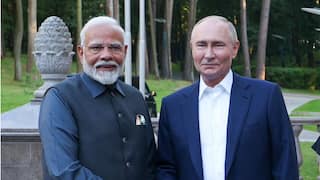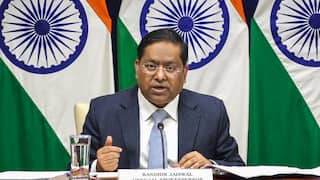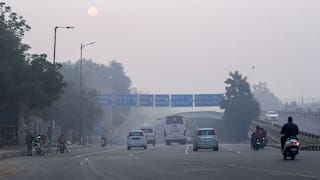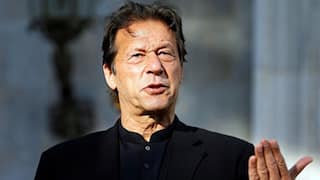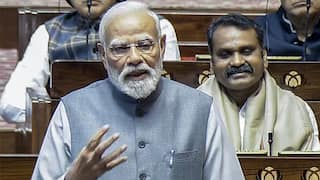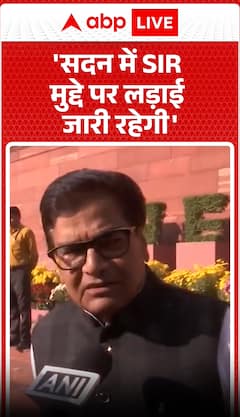G20 Member European Union: Multilateral Powerhouse Voicing Europe's Collective Concerns
The European Union, with a combined strength of $17 trillion, is a strong member of the G20 and wields considerable influence.

President: Ursula von der Leyen
- Ursula von der Leyen took over as the President of the European Commission, the executive branch of the European Union, in 2019. The Commission represents the EU in global affairs.
The European Union (EU), a grouping of 27 nations, represents the collective interests of its member nations on the global stage. The EU members take part in the G20 events and initiatives as a single entity due to the group's significant economic and political influence.
The following are the EU member Nations: Austria, Belgium, Bulgaria, Croatia, Cyprus, Czech Republic (Czechia), Denmark, Estonia, Finland, France, Germany, Greece, Hungary, Ireland, Italy, Latvia, Lithuania, Luxembourg, Malta, Netherlands, Poland, Portugal, Romania, Slovakia, Slovenia, Spain, and Sweden.
EU countries France, Germany and Italy are also permanent members of the G20 individually.
The EU is one of the world's largest economies, with the International Monetary Fund pegging the group's GDP at over $17 trillion, making it a significant player in the global economy. The EU is a major trading bloc, accounting for a substantial portion of the global trade. It has several trade deals and partnerships with countries around the world, which further its economic influence.
The EU's single-market policy allows the free movement of goods, services, capital, and people among its members. This integration has created a seamless economic environment that promotes growth and investments.
The European Union's participation in the G20 is based on several key factors. As one of the largest economic units in the world, the EU plays an important role in shaping global economic policies. Membership in the G20 allows the EU to have a say in international economic and political discussions and decisions. In fact, just like the US, the EU will also push for the isolation of Russia over its invasion of Ukraine.
Earlier in March, Josep Borrell, the European Union's High Representative for Foreign Affairs and Security Policy, condemned the Russia-Ukraine war and urged India to use its diplomatic capacity "to make Russia understand that this war has to finish". The EU also said it would not support a statement at the G20 Foreign Ministers' meeting if it did not condemn Russia for waging the war.
However, not every EU member is on board with this idea, compounding matters for von der Leyen. Member nations such as Slovakia, Bulgaria, and Hungary particularly have taken a pro-Russia stance.
The EU has been hit by the Russia-Ukraine war as it imposed sanctions and dealt with Moscow's counters. It has had to deal with one of the worst energy crises in history as it pledged to reduce dependence on Russian fuel. This resulted in energy prices spiralling out of control and a volatile market.


























